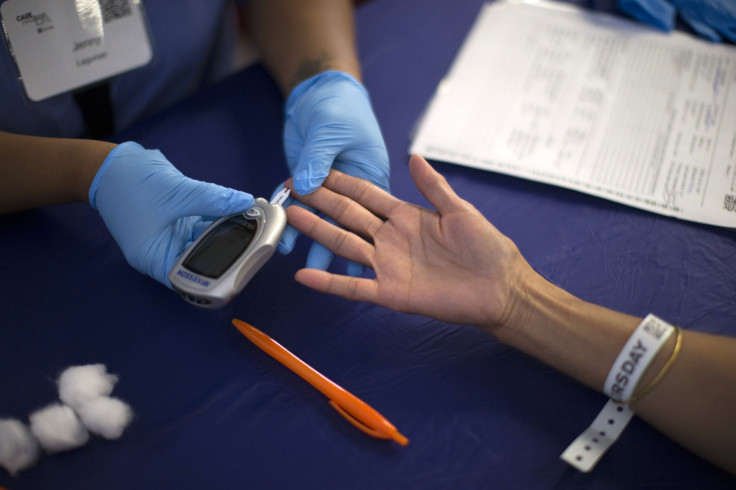Genetic variation determines women's diabetes risk and body shape

New research has shown that variations close to the KLF14 gene largely influence numerous other genes on where and how fat is stored in a woman’s body, which further determines their susceptibility to type 2 diabetes.
The different types of the genetic variation, called alleles, determine how fat-storing cells behave.
"At the whole-body level, these differences between alleles are not associated with changes to overall weight or body mass index, but they do affect women's hip circumference," said Kerrin Small, head of the Genomics of Regulatory Variation Research Group at King's College London, to Eurekalert.
KLF14 is imprinted from the mother, thus, the gene’s expression and its following influences on fat-storing tissue are affected by the type of the gene, or allele, that has been maternally inherited; the paternal allele has no effects on the amounts of the regulatory protein.
Most genes that have been associated with type 2 diabetes are related to the pancreas," said Small, "What's different about the KLF14 gene is that it's expressed in fat tissue," reports Eurekalert.
This further indicates that genetic variations in KLF14 determine people’s responsiveness to insulin. The hormone insulin is responsible for regulating blood sugar levels. Decreased sensitivity of the body to insulin is the primary cause of type 2 diabetes; both blood sugar and hormone levels shooting up.
Obesity remains the primary risk factor for developing type 2 diabetes, but distribution of fat in the body also plays an important part. Those who carry most body weight close to the mid-region are at more risk of both diabetes and heart disease.
Small and her colleagues are currently investigating the particular ways in which the KLF14 allele affects the expression of the gene. "Eventually, we hope to develop a comprehensive, predictive model of how genes affect risk of type 2 diabetes in women," Small tells Eurekalert.
Contact the writer at feedback@ibtimes.com.au, or let us know what you think below




















